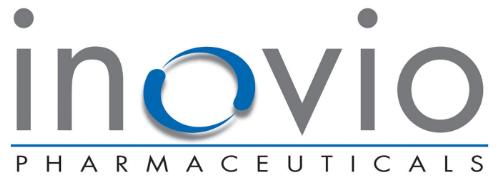VGX-3100 - 10 promising therapeutic vaccines
 Vaccine: VGX-3100
Vaccine: VGX-3100
Company: Inovio Pharmaceuticals
Target: Cervical cancer
Because the purpose of a therapeutic vaccine is to kill aberrant cells and offending organisms, developers have to figure out how to get that job done and measure the effect of any treatment. Inovio Pharmaceuticals is making headway in both areas. A paper describing the company's research was awarded first prize, recognizing promising research from a field of more than 500 contenders, at a global Vaccine Congress held in Seattle, WA, in early October.
VGX-3100 is a therapeutic DNA vaccine candidate, now in Phase II testing for the treatment of cervical dysplasia and cancer caused by human papillomavirus (HPV) types 16 and 18. These sexually transmitted strains are thought to cause up to 70% of cervical cancer cases. Inovio is conducting Phase II clinical trials of related vaccine candidates based on DNA associated with leukemia and hepatitis C virus, and Phase I studies for influenza and HIV.
The company's vaccine candidates are similar to gene therapy, in that they are designed to insert into patients' cells a piece of DNA coding for an antigenic protein related to a particular disease. In theory, if enough DNA can get into cells even temporarily, those cells will produce the encoded antigenic protein and so trigger production of antibodies and T-cells against that target. In the case of VGX-3100, intramuscular injections deliver DNA for the proteins E6 and E7, which are known to inactivate two of the body's natural tumor suppressor proteins.
Inovio's method involves a delivery system based on electroporation, the application of controlled electrical pulses that last just milliseconds. The short bursts can open pores in the cell membrane and boost uptake of DNA previously injected into tissue. The company believes that electroporation, a standard practice in laboratory research, can dramatically increase the potency of its DNA vaccine-and possibly even provide its own beneficial jolt to the immune system.
The Phase II study of VGX-3100 for cervical dysplasia/cancer will make use of flow cytometry-based assay that Inovio developed to assess cytolytic T-cell activity in treated patients. The company says the test has demonstrated that its vaccine candidate leads to fully functional T-cells capable of killing targets in an antigen-specific manner.



Comments